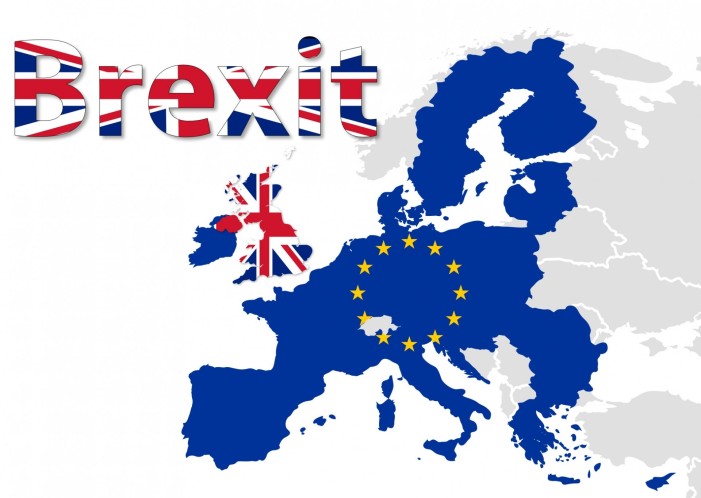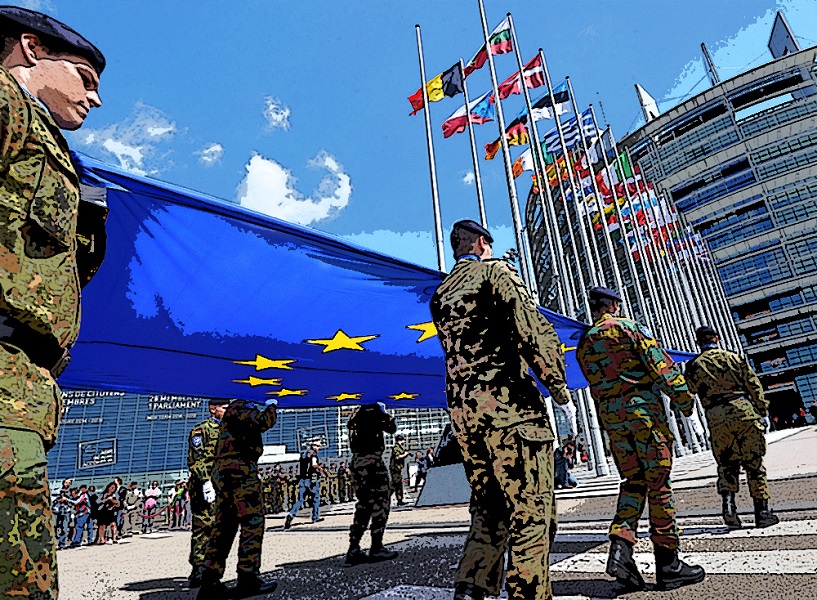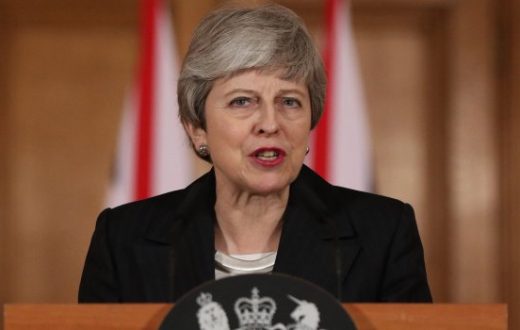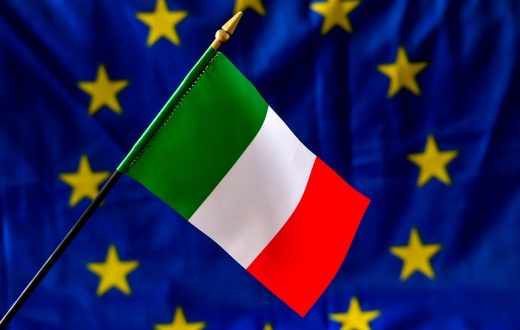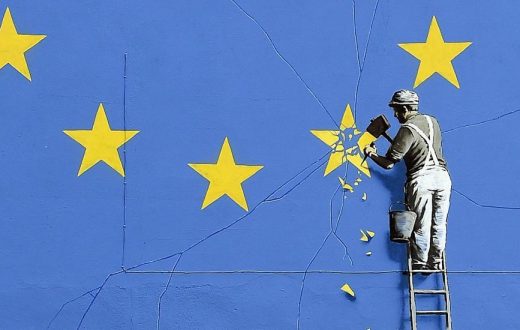There are only two ways in which the European Union experiment could end. This article was written by Tudor Ionescu that writes for Geopolitics.ro
Since before the Brexit referendum the issue of a possible dismantling of the European Union was repeatedly raised, especially in the foreign press, in the event that the United Kingdom voted “YES”. It’s an apocalyptic scenario that has a basis in the fact that in some EU Member States, euro-skeptic groups with varying degrees of influence have existed for several years.In essence, however, this way of putting it is flawed because it totally ignores the history of the last 65 years of European construction. It relies solely on fear and nothing more. To see if the European Union is indeed in danger, we must ask ourselves the following questions:
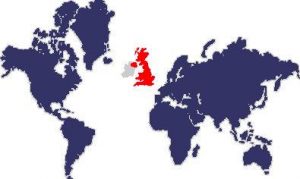
- What are the two possible directions in which the European project can head to?
There are only two ways in which the European experiment could end – the current one is an intermediary phase. And both were summarized decades ago by a number of experts in international relations dubbed “neofunctionalists” and “intergovernmentalists”.
The first scenario involves a deepening of the integration process to the point in which the very idea of ”nation-state” will disappear. At that stage we wouldn’t be talking about separate states anymore, but about a single entity. The name of United States of Europe was sometimes utilized to describe this result, although the name itself leaves to be desired. This scenario was first described in the neofunctionalist theory, which is also the ideological foundation of the European Union. Its supporters believed that the concept of “nation-state” itself has served its purpose and that it should be replaced in order to avoid becoming the source of a new casus belli, as it had happened before and during the First World War and the Second World War. From the neofunctionalist point of view, the nation-state was able to accumulate a too high volume of power, but one which did not guarantee its security against other potential aggressors. Instead, it only fueled a state conflict, escalating it to the point in which armed conflict was all but inevitable. But the weakening of the nation state by itself was not a solution either because it also became a source of war and not just a consequence of the latter.
So instead of the nation-state, neofunctionalists focused on the common interests and the common needs of states, focusing on regional integration. Thus the concepts of “supranational authority” and “integration” took birth. The proper description of these concepts and of the neofunctionalist theory requires quite allot of space and can, in itself, constitute the subject of an article in several parts. But suffice to say that the two are interdependent. It should also be clear that the integration process does not occur by itself. It requires a set of organisms and rules whose role would be to manage the integration process itself and the transfer of authority from the national bodies at the supra-national level. These roles are fulfilled by the EU bodies and the EU legislation. But it also requires another element, one which the neofunctionalists did not take into account: an European political class able to apply these concepts. It’s this exact element which Europe lacks at the present moment.
Interestingly enough, the neofunctionalists anticipated a certain degree of resistance by the population in regard to the integration process. The proposed solution was to force the process, even against the will of the people. It’s probably not the most democratic measure, but after the voting experience in the UK, it’s possible that their suggestion was correct. But this takes us, again, to the matter of the current European political class – including that of Romania. How could the process be properly promoted and understood by the population, when the so-called political elite itself lacks competence?
The second scenario is the complete and utter failure of the European project, along the lines of the League of Nations. This scenario is based on the intergovernmentalist theory which considers that neofunctionalism and, in general any supranational current, does not propose workable systems due to cultural, ethnic and linguistic diversity, social differences and differences of national interest. The nation-state is the main center of power and loyalty of the population and nationality is the tool that prevents the dissolution of the state. And this can not change. Even if an economic and social interdependence is indeed created, the state still remains the entity that guarantees the essential services. Therefore, the process of regional integration can only be limited and never complete, as the neofuntionalists wish.
For the time being we see that the intergovernmentalists are right, but they’ve been right in the past as well on several occasions, and yet the integration process still continued.
- Why was the European Union founded?
The experience of the Second World War was decisive for the initiation of the European construction process. Thus, in 1951, The European Coal and Steel Community (ECSC) was born. And its role was mainly to create an economic interdependence between West Germany and France, based on the idea that two countries that are economically dependent on each other will avoid armed conflicts. After all, France and Germany had fought three wars in just 80 years, two of which had catastrophic consequences on a global scale.
Why were coal and steel selected? Because these two materials were essential in the production of weapons during the war.
Admittedly, ECSC was not the first European supranational organization. Benelux (Belgium, Netherlands, Luxembourg) was already in existence ever since 1944, but its importance was far smaller because it didn’t encompass either France or Germany. ECSC was all the more important as it incorporated both. The whole construction process that followed 1951, up until Croatia’s entry into the EU, was done around the alliance between Germany and France. The stability of the European continent, therefore, rests on the relationship of these two states.
For the above reason only the exit of one of these two states could indeed put into question the existence of the European Union. All the other states are dispensable, whether we’re talking about Denmark, Finland, Spain or the even The United Kingdom. Sure, the exit of a state such as the UK could create a series of economic-policy problems, but it’s unable to put into question the existence of the European Union.
- What major obstacles did the European Union encounter over time?
Brexit is not at all the first major obstacle faced by the European Community and it will certainly not be the last one either. It’s not even the even the most important. A much bigger problem is, for example, the current crisis of the European political class, which has repeatedly proven itself incapable to effectively tackle the systemic problems of the EU. On the contrary, it has created new problems – such as the migrants crisis – and it has deepened older ones – the political crisis of the European Union. The problem of the political class is slowly, but surely, becoming a system problem in itself.
It’s not even the first time The United Kingdom has shown its dissatisfaction with the Union. In the early 1980s, for example, developments in the European Economic Community had become deadlocked due to the dissatisfaction of The United Kingdom in regard to its contribution to the EU budget. It is one of grievances that has been most commonly used by the pro-Brexit campaign before the Brexit referendum as well. In the end, the impasse in the 1980’ was overcome during the European Council in Stuttgart, when it was decided that the Single Market should be created. That in itself would be – and so it was – just an intermediary stage towards the creation of the European Union amost ten years later.
- What is the role of the Great Britain in the EU from the British perspective?
For hundreds of years Britain was the adept of the same geopolitical strategy, namely that of the “balance of power”. It’s a strategy which the UK had employed pretty much all the time since it the Age of Discovery, mainly because it never had enough strength to impose its hegemony at a global scale – as the United States did for example. There were moments in which this strategy did not pay off, as were the two world wars. But overall, it worked, at least for Britain. Applying this strategy with the EU, Britain made sure it always had one foot in the North Atlantic area and one in Europe, without dedicating too many resources to either. It was Britain’s way of influencing events on both these fronts.
The UK’s EU accession itself was motivated by this strategy. Of course, the economic aspect was not ignored either, but it was secondary. But motivated by the same strategy, the UK wanted – and obtained – more freedom from Brussels, often being the most vehement opponent of granting more power to Brussels. In ideological terms, we could say that Britain has always maintained a balance between neofunctionalism and intergovernmentalism.
The way of thinking of the Foreign Office was, until recently, deeply influenced by the balance of power strategy. However, it was, in an instant, thrown into the trash by Prime Minister David Cameron who, for electoral reasons, preferred to put such an important issue of national security to the vote. That when the British population, as echoed from the referendum results, did not possess the necessary information to vote in full awareness. Now it remains to be seen whether the UK will indeed exit the EU or if it will try to find ways to ignore the referendum results and, at the same time, gain yet more privileges from Brussels.
This article is an article of ASAGRI and was previously published on their website. ASAGRI has established a partnership with YoungDiplomats in January 2017.

